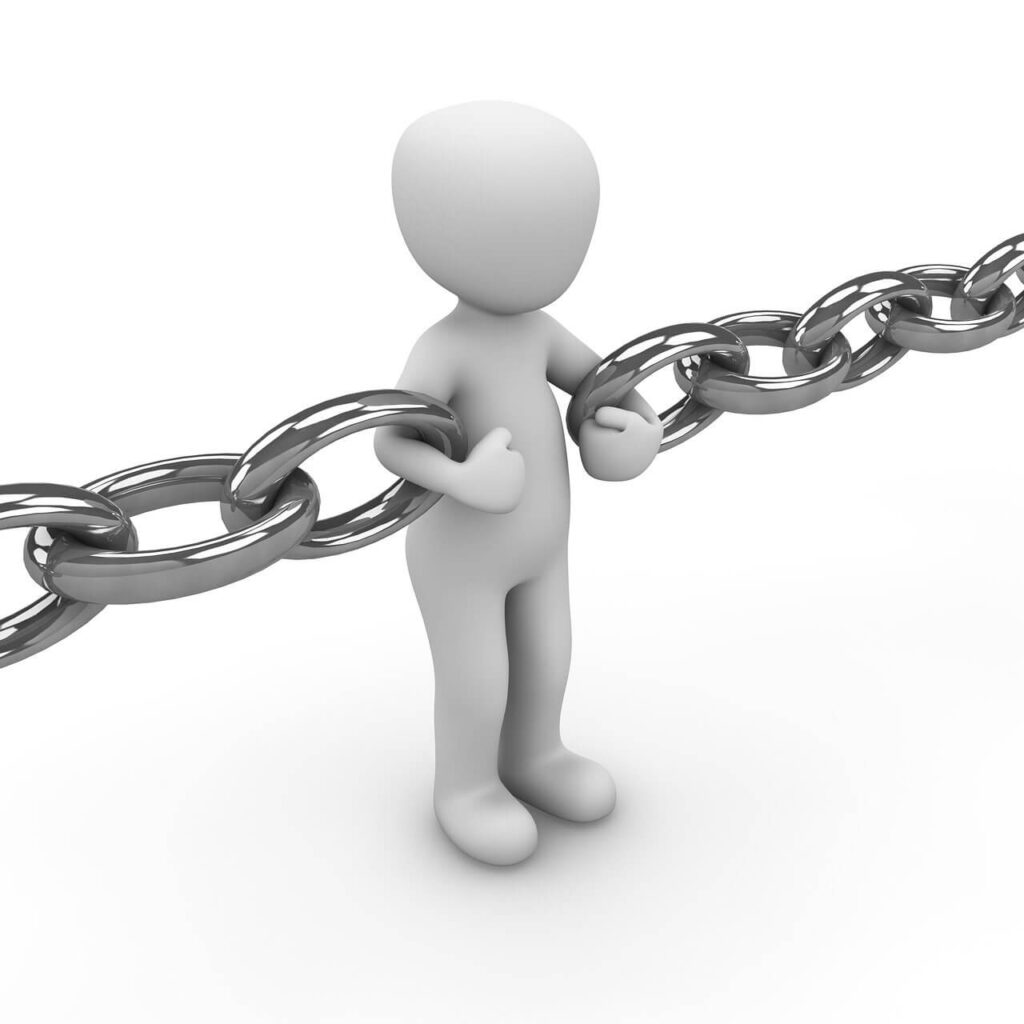Habits can be both beneficial and detrimental. Positive habits help us stay disciplined, motivated and productive, while negative habits hold us back and can even be self-destructive. Whether it’s overeating, procrastinating or smoking, breaking bad habits can be challenging, but it is an essential step towards personal growth and well-being. In this blog post, we will explore some practical tips and techniques to help you break free from the chains of negative habits and move towards a healthier and happier life.
The Importance of Breaking Bad Habits
Breaking habits that negatively impact your life is crucial for personal growth and well-being. Habits shape our lives, and bad habits can cause harm. How to break bad habits? It’s a challenging but achievable process that begins with awareness and effort.
First, recognize the habits that have a negative impact on your life. Once you’ve identified them, take steps to break them. Avoid triggers and find healthier ways to cope with stress or anxiety. Replace negative habits with positive ones that serve your goals and bring joy to your life. For example, if you tend to overeat, start tracking your food intake and making healthier choices. Find support from family, friends, or a therapist who can help you stay accountable and provide encouragement along the way.
Self-care practices such as exercise, meditation, or journaling can also help you cope with difficult emotions and reduce the likelihood of falling back into old habits. Breaking bad habits is not a one-time event, but an ongoing process. It requires patience, commitment, and a willingness to learn from mistakes. Celebrate small wins and focus on progress rather than perfection. In time, breaking bad habits can lead to a happier, healthier life.
Breaking Bad Habits And Identifying Your Triggers
To break bad habits, you need to identify your triggers. Triggers are events, people, or situations that lead to negative behaviors. By identifying these triggers, you can take steps to avoid them or manage them more effectively.
One way to identify your triggers is to keep a journal. Write down your behaviors and the events that led up to them. Look for patterns and common themes. This can help you recognize the triggers that lead to your bad habits.
Another way to identify your triggers is to ask yourself some questions. What emotions do you feel before engaging in a bad habit? What thoughts go through your mind? What external factors contribute to the behavior? Answering these questions can help you understand your triggers and make changes.
It’s also important to recognize that triggers can change over time. What used to trigger your bad habit may no longer affect you in the same way. Stay aware of your triggers and be open to the possibility that they may shift over time.
Breaking habits can be challenging, but identifying your triggers is a crucial step in the process. By recognizing the events, people, and situations that lead to negative behaviors, you can take control of your habits and make positive changes in your life.
Replace Negative Habits with Positive Ones
Once you’ve identified your triggers, it’s time to replace negative habits with positive ones. How to break bad habits? By incorporating new and healthy habits into your daily routine, you can effectively break the cycle of negativity and make positive changes in your life.
For example, if your bad habit is smoking, try replacing it with a new, healthier habit such as going for a walk or practicing deep breathing exercises. If you tend to overeat when you’re stressed, try replacing that habit with a new one such as yoga or meditation.
It’s important to remember that breaking habits is a process, and it takes time and effort. So, be patient and kind to yourself as you work towards your goal of living a healthier, more positive life.
One way to make the transition easier is to start small. Instead of completely eliminating a negative habit all at once, try reducing it gradually. For example, if you want to cut down on your sugar intake, start by eliminating sugar from your coffee or tea, and then gradually cut out other sugary foods.
Another key to breaking habits is to stay focused on your goals and motivations. Keep reminding yourself why you want to break the habit, and visualize how you will feel once you’ve successfully replaced it with a positive habit.
Lastly, don’t be afraid to ask for support from friends, family, or a professional. Having a support system can help you stay accountable and motivated on your journey towards breaking bad habits and living a healthier, more positive life.
Stay Accountable with Support Systems
Breaking bad habits can be a tough journey, which is why having a support system can make all the difference. Here’s how to stay accountable with your support systems.
Firstly, find people who understand what you’re going through and want to help you overcome your negative habits. These could be friends, family members, or even a support group.
Next, be honest with your support system about your struggles and progress. This way, they can provide you with the encouragement and motivation you need to keep going.
In addition to verbal support, consider setting up a rewards system with your support system. For example, if you manage to go a week without engaging in your bad habit, you could treat yourself to something you enjoy, such as a movie or a night out.
Another useful tool is to find an accountability partner who is also trying to break a bad habit. This way, you can keep each other on track and hold each other accountable for your actions.
Finally, remember that your support system is there to support you, not judge you. If you slip up, don’t be afraid to reach out to them for help getting back on track.
Practice Self-Care and Mindfulness Techniques
Self-care and mindfulness techniques can play a crucial role in breaking bad habits. When we take care of ourselves, we feel better mentally and physically, which helps us resist temptation. Here are some tips on how to incorporate self-care and mindfulness into your routine:
Firstly, make sure you are getting enough sleep and exercise. These two factors can have a big impact on our ability to resist negative habits. A well-rested and energized body is more likely to make positive choices.
Next, try meditation or deep breathing exercises. This can help you become more aware of your thoughts and feelings, allowing you to make better decisions and resist negative impulses.
Journaling is also a great tool for self-care and mindfulness. Writing down your thoughts and emotions can help you process them and gain insight into your habits and triggers. Plus, it’s a great way to hold yourself accountable.
Another important aspect of self-care is setting boundaries and learning to say “no.” If you’re trying to break a bad habit, it’s essential to avoid situations or people that trigger it. This might mean saying no to social events or limiting your time on social media.
Finally, make sure to practice self-compassion. Breaking bad habits is hard work, and it’s normal to experience setbacks along the way. Be gentle with yourself and celebrate your successes, no matter how small they may seem.
By incorporating these self-care and mindfulness techniques into your routine, you’ll be better equipped to break bad habits and live a healthier, happier life.


